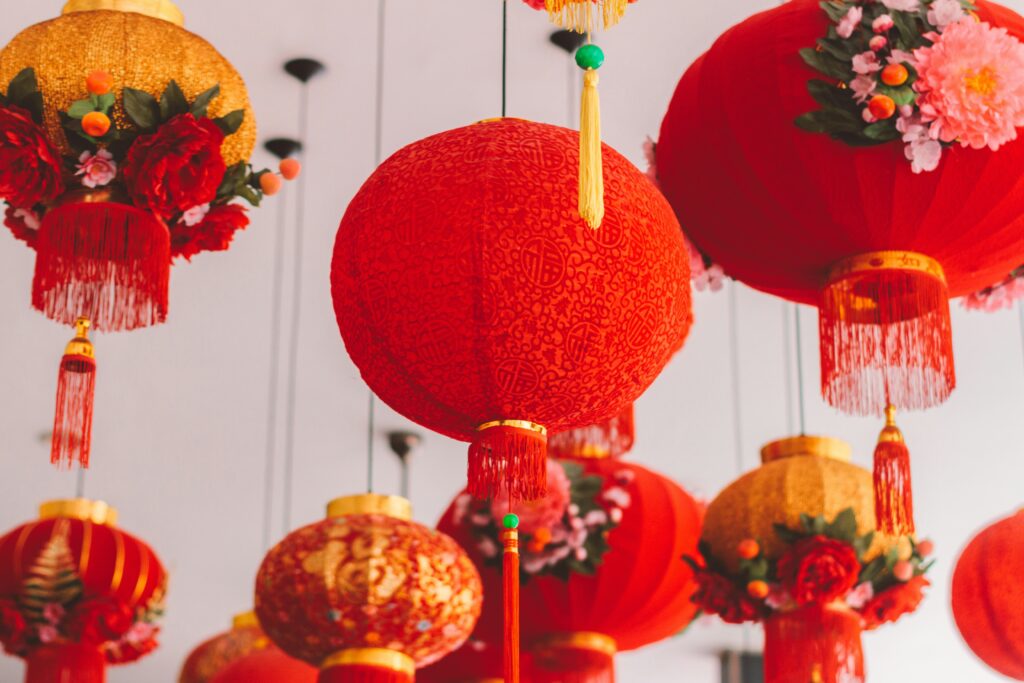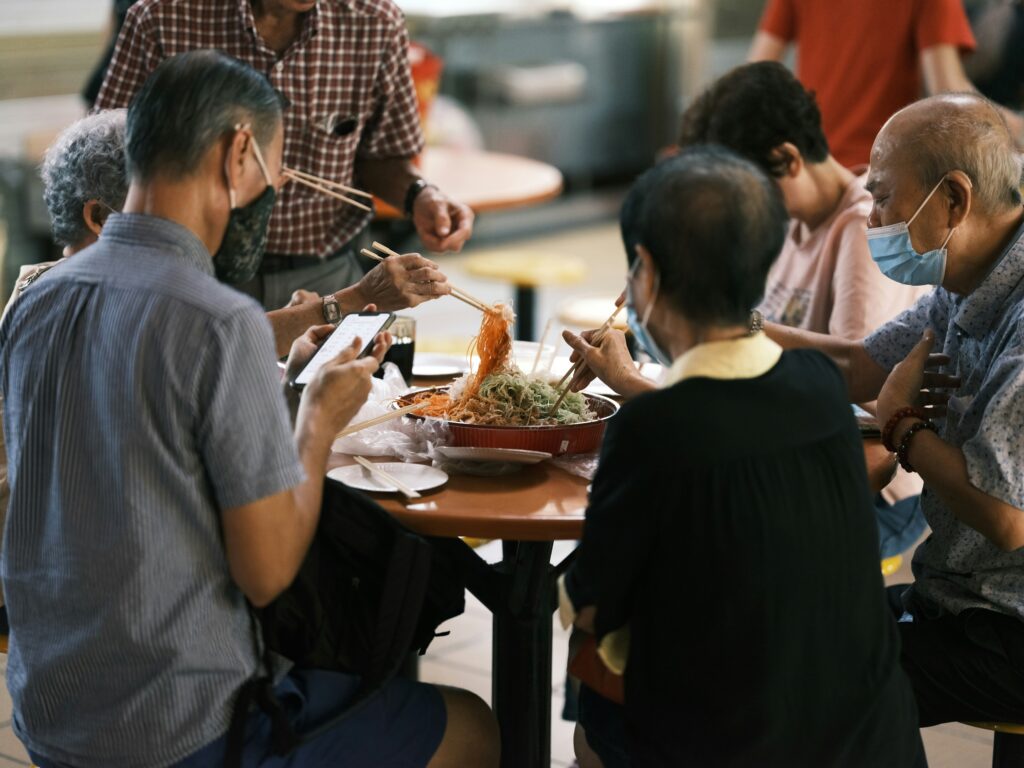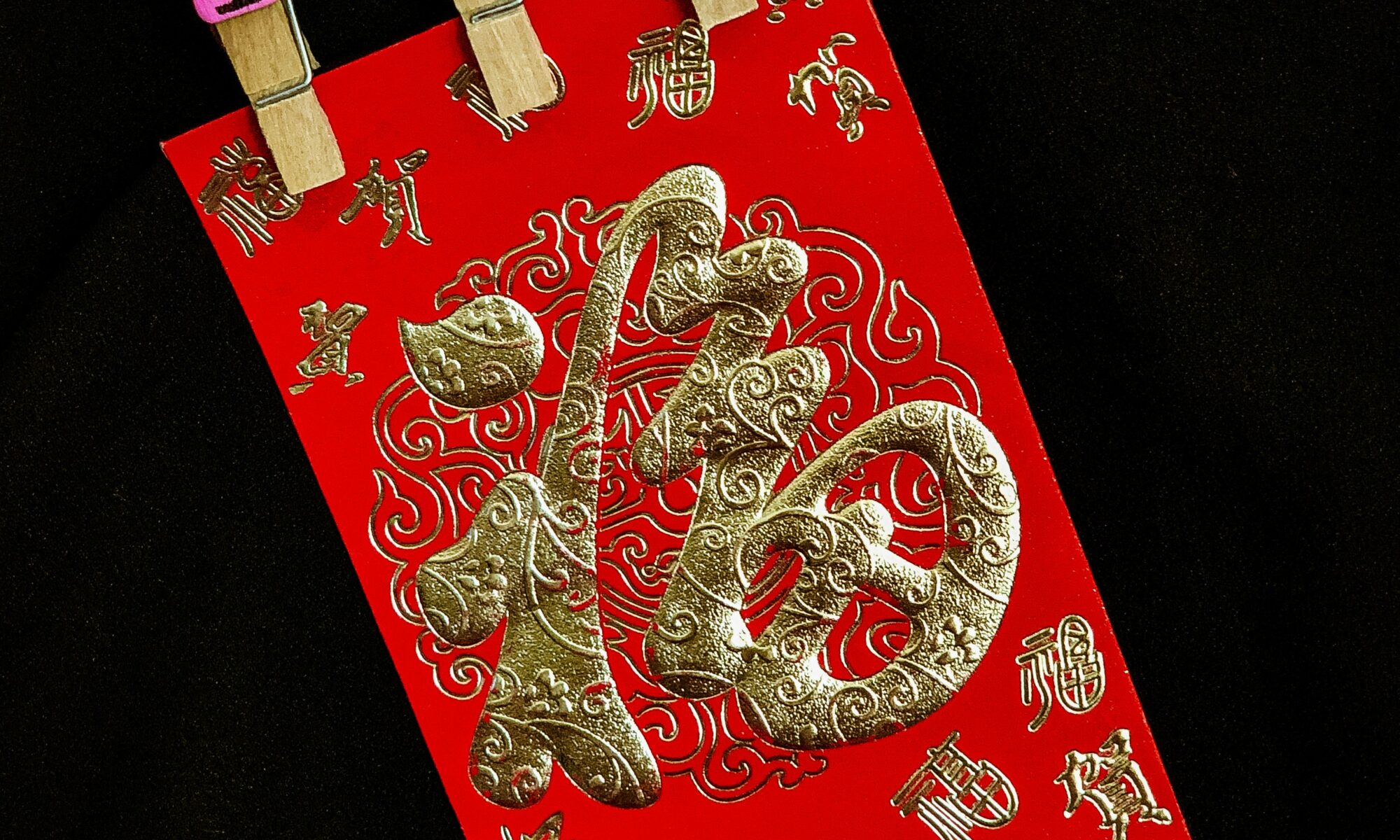Chinese New Year is one of the most widely celebrated festivals in Singapore, and with it comes numerous customs, traditions, and superstitions aimed at ushering in prosperity, health, and good fortune. In addition to cleaning and decorating, many people also pay close attention to their home’s feng shui. This ancient Chinese practice focuses on balancing energies to ensure harmony and abundance. Feng shui plays a key role in the holiday, as it’s believed that how you arrange your space and the actions you take during the Chinese New Year can have a lasting impact on your year ahead.
Whether you’re looking to enhance positive energy flow in your home or avoid any potential bad luck, it’s important to understand which superstitions can help with good feng shui during this festive season. In this guide, we’ll explore the dos and don’ts of feng shui for the upcoming Chinese New Year, and provide tips on how to set your home up for success in the coming year.
1. Clean and Declutter Before the New Year
Before Chinese New Year arrives, it is customary to clean your home thoroughly. This is not just about tidying up; it’s believed to clear away any bad luck from the previous year and make space for positive energy. However, there are some specific rules for cleaning before and during the New Year.
What to Do:
- Clear out the old year’s clutter: Cleaning your house before the new year allows you to sweep away any lingering negative energy and make room for fresh, positive vibes. This is an essential feng shui principle, as clutter can block energy flow.
- Clean all areas, especially corners and hidden spaces: According to feng shui, areas that are neglected or left in disarray can harbor stagnant energy. Clean under furniture, behind cabinets, and in storage areas.
- Wash windows: Washing windows allows fresh energy to flow into your home. It also symbolizes new beginnings and a clear view of the future.
What Not to Do:
- Avoid cleaning on the first day of Chinese New Year: On the first day of the New Year, cleaning is generally discouraged, as it is believed that sweeping or mopping on this day can sweep away good fortune. It is important to have your home already clean before the celebrations start.
2. Display Symbols of Good Fortune
Symbols of wealth, health, and prosperity are commonly displayed during Chinese New Year. These objects can invite good feng shui and ensure a prosperous year ahead.

What to Do:
- Place red decorations: Red is considered a powerful color in feng shui, symbolizing good luck and fortune. Hang red lanterns, couplets, or banners around your home to invite positive energy.
- Display the wealth bowl: A wealth bowl, often filled with oranges, coins, or other auspicious items, is a popular feng shui practice during the new year. Placing it in the wealth corner of your home (the far left corner from the entrance) is believed to attract prosperity and abundance.
- Showcase plants for vitality: Plants, especially those that bloom during the new year, are thought to bring new life and energy into your home. Consider placing auspicious plants like the lucky bamboo or peonies in key areas.
What Not to Do:
- Avoid displaying dead plants: Dead plants or flowers represent stagnation and decay, bad omens for feng shui during the Chinese New Year. Ensure that any plants or flowers you display are healthy and vibrant.
3. Use Auspicious Foods to Attract Good Energy
Food plays an essential role in Chinese New Year celebrations. According to feng shui, certain foods are thought to bring good fortune. Incorporating these foods into your holiday meals can positively influence your energy flow.
What to Do:
- Serve dumplings and fish: Dumplings symbolize wealth due to their shape, which resembles ancient Chinese gold ingots. Fish is also an auspicious dish because the word for fish in Mandarin, “yu,” sounds like the word for surplus or abundance.
- Offer oranges and tangerines: Oranges are often exchanged as gifts during Chinese New Year due to their association with wealth and good luck. Place them around your home to enhance the positive energy.
- Eat long noodles: Eating long noodles symbolizes longevity. The longer the noodles are, the longer your life and good health are believed to be.
What Not to Do:
- Avoid cutting food items while cooking: In feng shui, cutting certain foods, especially noodles, is believed to cut your luck or longevity. So, avoid breaking or cutting long noodles or other essential foods during preparation.

4. Focus on Family Harmony and Unity
Family is central to Chinese New Year celebrations, and harmony within the home is essential for good feng shui. Ensuring positive interactions and peaceful relationships with family members can significantly enhance the energy in your home.
What to Do:
- Honor ancestors and family members: Paying respect to your ancestors during Chinese New Year, whether through a small ceremony or family gathering, is a way to honor your lineage and bring positive energy into your home. It is also a way to invite blessings and harmony.
- Maintain harmony with your loved ones: Avoid conflicts during Chinese New Year, as they are believed to disrupt the flow of good fortune and cause misfortune in the year ahead. Spend quality time with family, and make an effort to smooth over any unresolved tensions.
What Not to Do:
- Avoid quarrels and bad conversations: Negative words, arguments, or conflicts during the new year are believed to attract bad luck. Try to keep conversations light, positive, and full of goodwill for the year ahead.
5. Be Mindful of Your Money
Money is a big part of Chinese New Year, and feng shui advises keeping your finances in good order. How you handle your finances during the new year can impact your wealth for the entire year.
What to Do:
- Place your money in an auspicious location: According to feng shui, placing money-related items in the wealth corner (the far left corner of your home from the entrance) can attract prosperity. This is also a good spot for the wealth bowl mentioned earlier.
- Give red packets (ang pao): Red packets filled with money are a symbol of good luck and blessings. Giving and receiving these packets fosters goodwill, improves relationships, and encourages prosperity.
What Not to Do:
- Don’t spend recklessly: Spending money impulsively during the new year may invite financial difficulties. It’s important to be prudent with your spending and avoid unnecessary purchases during this time.
6. Open the Windows to Invite Fresh Energy
Feng shui emphasizes the importance of fresh air in maintaining positive energy flow in your home. This is especially true during Chinese New Year when fresh air is believed to sweep out negative energy and welcome prosperity.
What to Do:
- Open windows: On the first day of Chinese New Year, it’s customary to open your windows to let fresh air into the house. This is thought to allow good fortune to flow in and bad energy to escape.
- Ensure proper ventilation: If your home is not well-ventilated, consider setting up fans or air purifiers to keep the air fresh and circulating. This helps maintain a healthy, vibrant environment.
What Not to Do:
- Avoid closed-off spaces: Stagnant air and closed windows can trap bad energy in your home. To encourage good feng shui, ensure your home is well-ventilated and airy.
Final Thoughts
Feng shui during Chinese New Year is all about creating a harmonious, prosperous environment that attracts good fortune, health, and happiness. Following these dos and don’ts ensures that your home is aligned with positive energy and good vibes throughout the year. Whether cleaning and decluttering, displaying symbols of prosperity, or being mindful of family harmony, every action you take during this festive season can help set the stage for a successful year ahead. Embrace these traditions, and you’ll be sure to invite an abundance of positive energy into your life.



You must be logged in to post a comment.